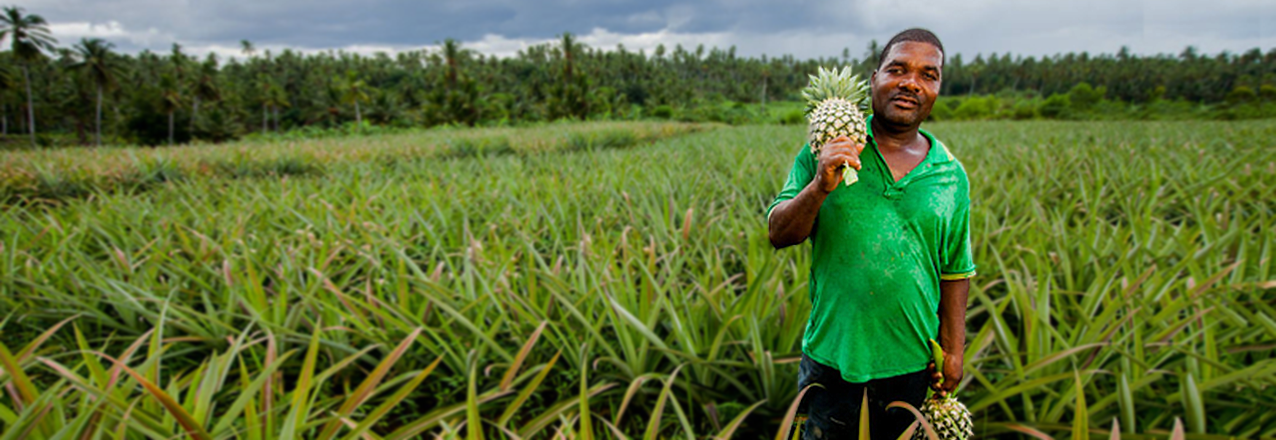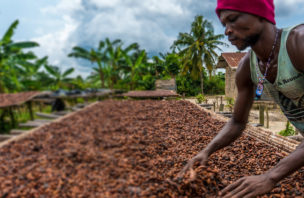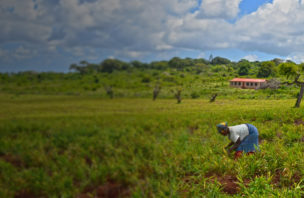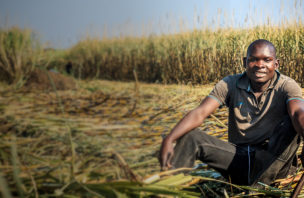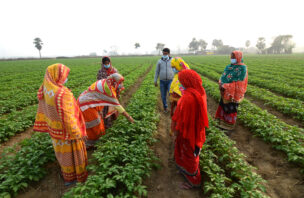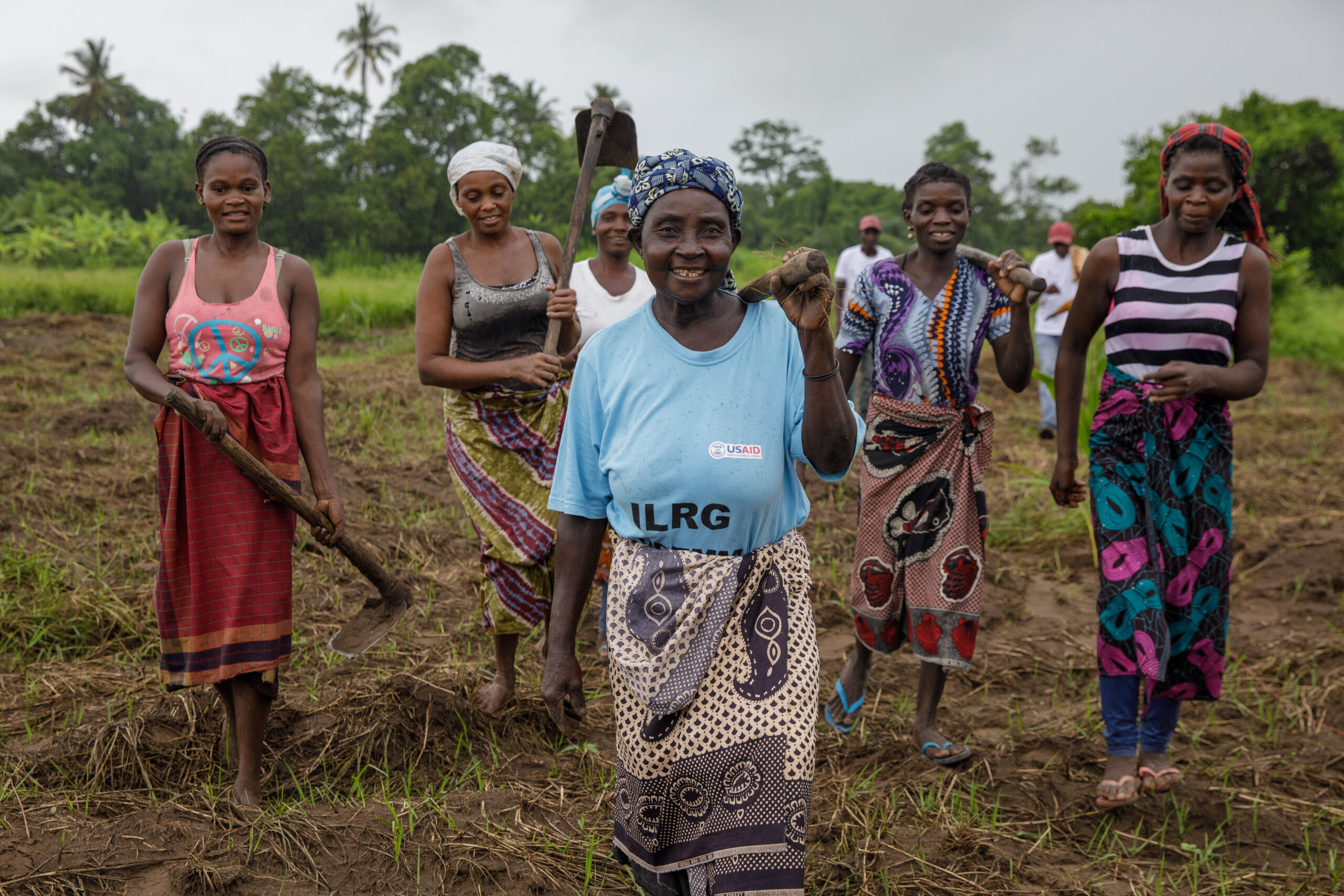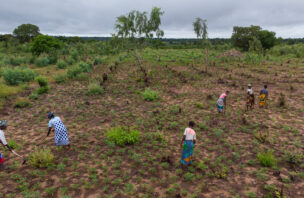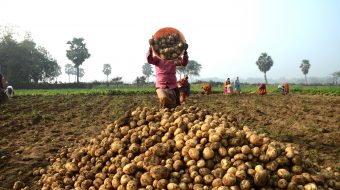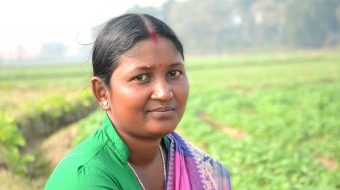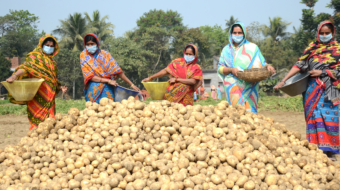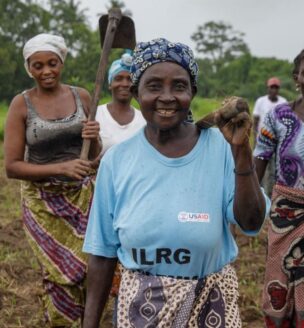There is an emerging global consensus that responsible agricultural investment requires businesses and governments to recognize and respect local land and resource rights.
To address this, USAID played a leading role in working with the global community through the UN Committee on World Food Security to develop guiding principles and best practices for promoting responsible agricultural investment and respecting and protecting legitimate tenure rights. Through training and technical assistance, research and evaluation, policy reform, and pilot projects, USAID is committed to implementing the principles set forth in the Principles for Responsible Investment in Agriculture and Food Systems (RAI) and Voluntary Guidelines for the Responsible Governance of Tenure of Land, Fisheries, and Forests (VGGT). These soft international law instruments create important standards of practice that protect people and communities and create an enabling environment that promotes broad-based economic growth and reduces extreme poverty.
While these high-level principles represent a watershed consensus and an important statement of priorities by the international community, various investors—agribusinesses, financial investors and lending institutions, governments, and small-scale food producers—have expressed the need for more specific practical guidance to help them execute these guiding principles, and ensure that investments are more sustainable and less risky.
For that reason, USAID has developed a new tool: Operational Guidelines for Responsible Land-Based Investment. This guide discusses USAID’s recommendations for best practices related to the due diligence and structuring of land-based investments, with the goal of reducing risks and facilitating responsible projects that benefit both the private sector and local communities. This guide is also designed to help companies identify practical steps to align their policies and actions with provisions of the VGGT, the International Finance Corporation’s Performance Standards on Environmental and Social Sustainability (IFC PS), and other relevant instruments, including the United Nations’ Guiding Principles on Business and Human Rights (UNGP).
The Operational Guidelines also formed the basis of many of the recommendations in the Analytical Framework for Land-Based Investments in African Agriculture. Created by the Leadership Council of the New Alliance and Grow Africa, the Analytical Framework is a tool to help investors identify, understand and address risks related to land-based investments so that these can be managed more responsibly.
Photo Credit: Fintrac, Inc.


